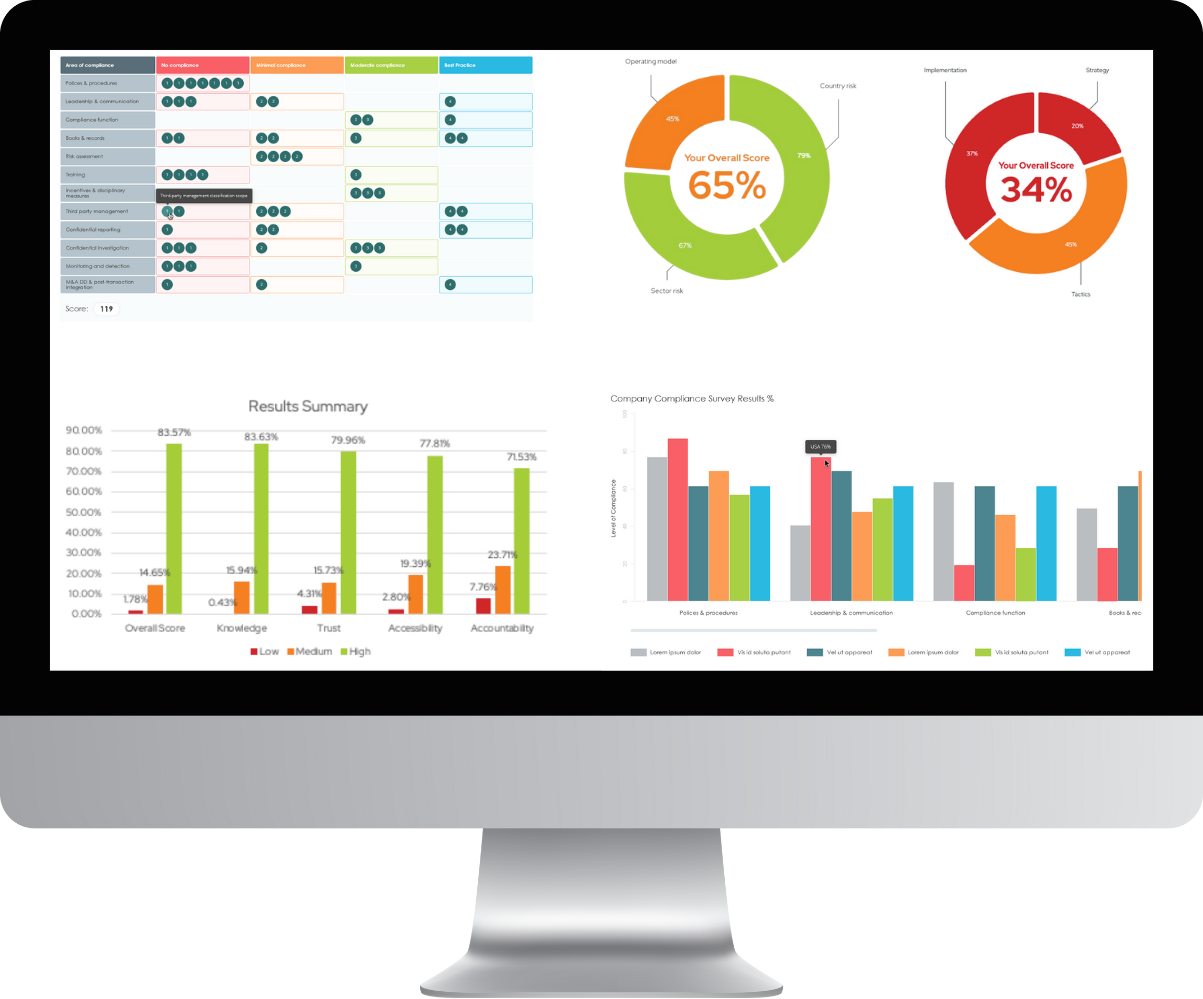How much?
When you ask for feedback (as I discussed last week), sometimes what comes back surprises you. We all hope we’re good at our core job, but that’s the baseline. We’re supposed to be competent. Some of the other themes that emerged (and I imagine might overlap with yours):
🤔 Skills paired with creativity
🤔 Making life easier
🤔 Impartiality and objectivity
🤔 Empathy
🤔 Insights we didn’t know we had
Skills: As we travel through our careers, we acquire multiple ‘tools’, but more importantly, the skills to apply them creatively. Take risk assessment. There’s so much stuff out there on how it should be done. But there’s no one right way. It goes a long way if you can take all the frameworks you’ve seen and create a rightsized composite for your organisation (or client).
Pain-saving: If you can save time and cost, that’s great. But what really is appreciated is removing energy-draining distractions. For instance, the head of integrity and sustainability risk at one of the impact investors I work with is meant to be across tens of (potential) deals at a time. By stepping in to answer deal-team questions about simple/process stuff, they’re spared 30%-40% of the daily drain..

“What they said”: It shouldn’t be the case, but we tend to listen to outsiders or those we’re less familiar with more, especially on contentious topics (which risk usually is). One of the more unexpected (but helpful) bits of feedback I received was that “I have not experienced that any of our staff or project key persons have gotten defensive, and this is a notable accomplishment.” 😬
Empathy: It’s hard to earn trust without it. Particularly when dealing with mid-caps (and scale-ups) going through the gruelling fundraising process. In this context, I learned, “I would point to his expertise, excellence in asking hard questions in sensitive ways and gaining the trust of investees.”
Insights: This one surprised me. Knowledge I didn’t appreciate had value. For instance, how others structure the risk and sustainability framework, reporting lines, autonomy of risk, compliance, and sustainability teams, workload, and even salary ranges.
On this last point, there’s a sad truth. The nicer the person, often (not always), the more they’re getting screwed. This year, I resolved to be less agreeable.
I’ve given a lot of my time (and IP) to others, for free. I kidded myself that this was either ‘paying it forward’ or enlightened self-interest, that people would see the value and hire me. It doesn’t (often) work like that. I became more selective and asked to be compensated, where appropriate. The weird thing happened – not everyone liked it, but they respected it.
If you’re working nights and weekends, juggling more responsibilities than you were a year or two ago without the pay bump, asked to deliver strategic goals without input into strategy, or generally handed tasks below your experience, you’re too nice.
Know your worth. If you’re unsure what that is, I might be able to help selectively (first three people to reply, I will consider if I can help – gotta practice what I preach 😉).
